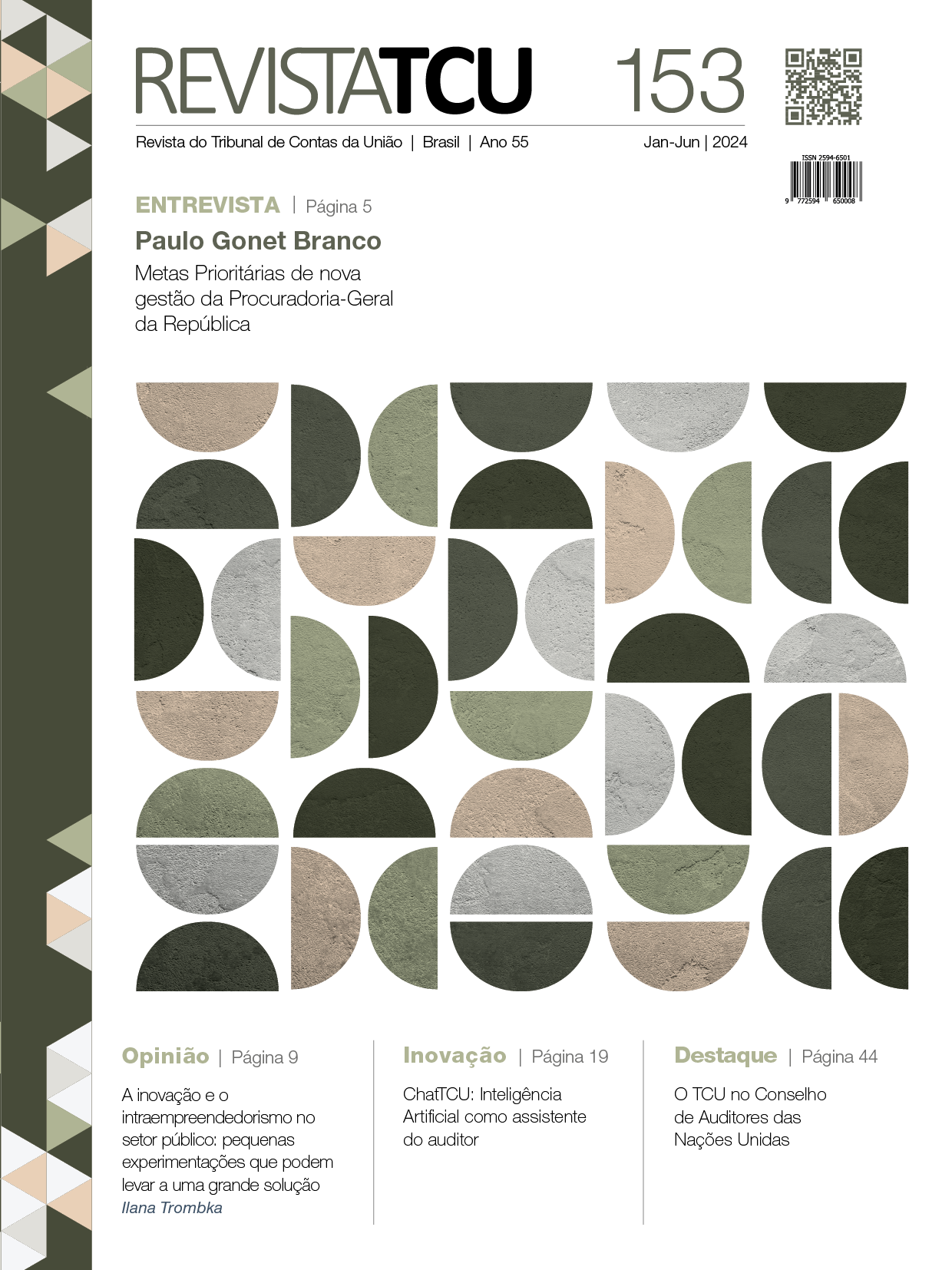Panorama da tributação progressiva sobre a renda no Brasil: Anomalias, perspectivas e desafios

Resumen
O presente artigo busca traçar um panorama da tributação sobre a renda da pessoa física no Brasil, analisando seu eventual caráter progressivo e suas deficiências, além de projetar a sua utilização como instrumento redutor de desigualdades econômico-sociais e pobreza. Para tanto, a investigação procura identificar problemas na estrutura tributária brasileira sobre a renda, tais como alíquotas marginais brandas e benefícios fiscais, que contrariam a CF/88, e tenta apontar algumas mudanças nessa estrutura para que os objetivos e fins constitucionais sejam atingidos. A pesquisa utiliza a revisão da literatura especializada e de documentos, servindo-se das metodologias hipotético-dedutiva e explicativa, com abordagem qualitativa dos dados examinados. Constatou-se que 1) a baixa progressividade e a concessão de diversos benefícios tributários têm produzido efeitos extremamente regressivos, que contribuem para acentuar a desigualdade e a concentração de riquezas entre os mais abastados, e, além disso, que 2) a implementação de algumas mudanças (como aumento de alíquotas, revogação da isenção total sobre a distribuição de dividendos e de outros benefícios fiscais) pode devolver relativa progressividade ao IRPF, servindo também como ferramenta para reduzir desigualdades e retirar pessoas da extrema pobreza.
Palavras-chave: tributação; imposto de renda; progressividade; desigualdade.
Biografía del autor/a
Gilson Pacheco Bomfim
Doutorando e mestre em Finanças Públicas, Tributação e Desenvolvimento pela UERJ, especialista em
Direito Tributário e LLM em Direito Corporativo. Diretor do Centro de Altos Estudos da PGFN no Rio de
Janeiro e procurador da Fazenda Nacional no Rio de Janeiro.
